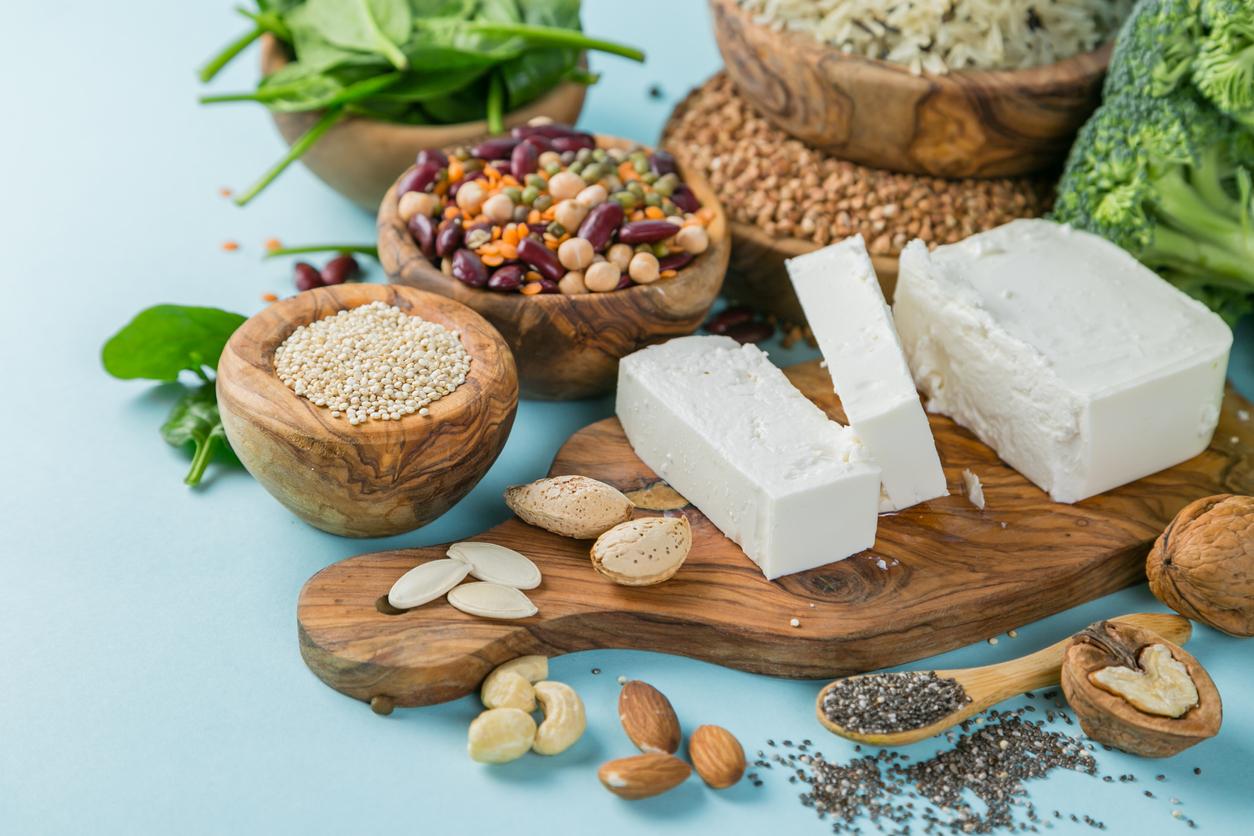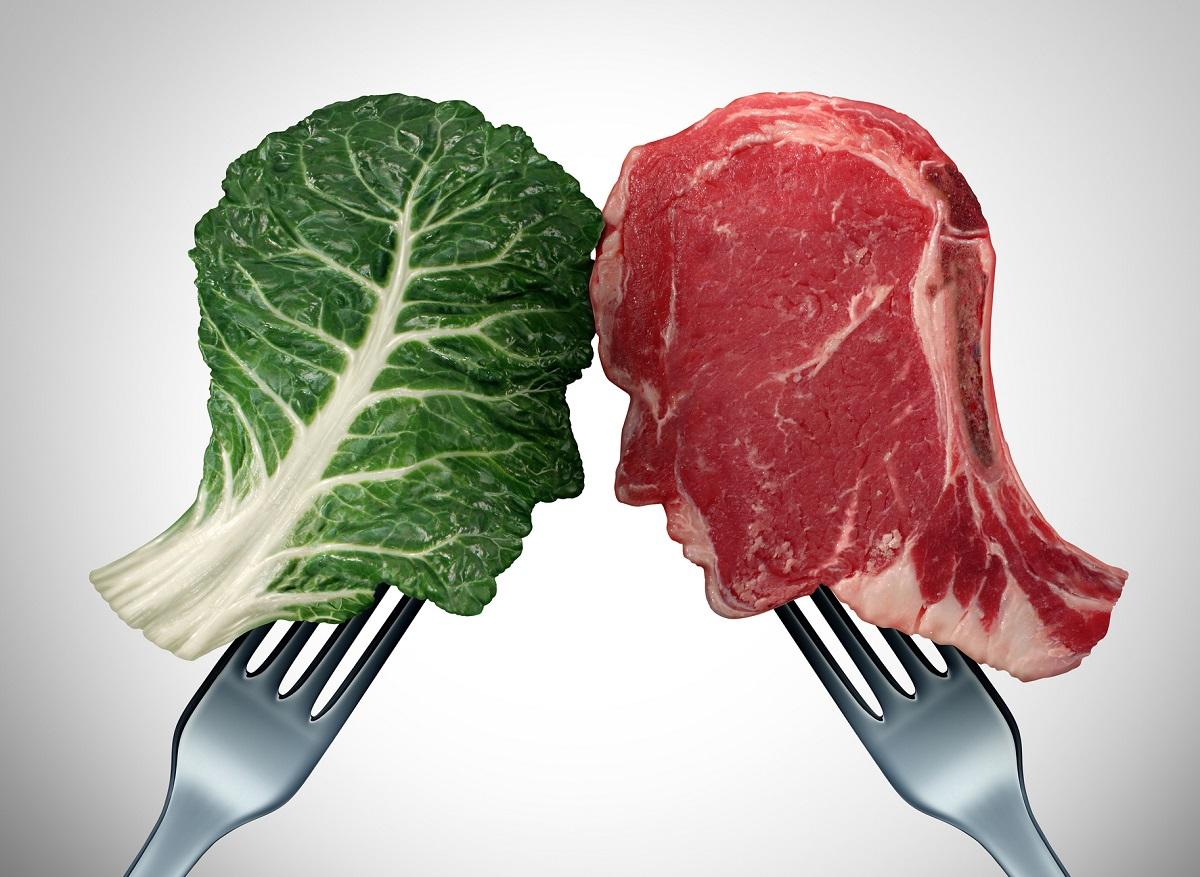Plant-based proteins boost muscle mass in older adults, a new study suggests.

- An analysis of existing studies shows that plant proteins boost muscle mass in people aged 60 and over.
- For researchers, these foods could help fight against fragility linked to aging.
- Their work shows that plant proteins could also help fight against fat accumulation.
Aging is associated with progressive loss of muscle and strength. To slow down this process, it could be a good idea to include plant-based proteins in your menu, according to a recent study published in the journal Nutrients. The researchers ofUniversity of Newcastle Australia y assure that proteins of plant origin – such as soy – stimulate muscle mass in seniors.
Soy : plant proteins boost muscle mass in seniors
To take stock of the effects of a diet based on plant proteins on the health of sixty-year-olds, scientists took data from 13 studies carried out over the last 20 years in the United States, the Netherlands, and Japan. , in Brazil, Iran and even China. This represented a total of 806 participants who ate a diet rich in soy.
The results of the analysis showed that soy consumption was associated with an increase in muscle mass in seniors.
“Overall, our review indicated that plant proteins may be beneficial in older adults for maintaining muscle mass. Plant proteins were comparable to control interventions, including animal proteins, physical activity alone, exercise, and animal proteins.”write the authors in their article.
However, they say more research is needed to focus on older adults, test other plant proteins like pea and microalgae, or determine whether there are differences between men and women.
Proteins plants: they would also help you lose fat
In addition to improving muscle mass, plant proteins promote fat loss, according to the results obtained by researchers. They note that this effect is particularly interesting, because seniors tend to store it more easily. However, high body fat is also associated with greater decline in muscle mass, insulin resistance and an increased risk of morbidity and mortality.
For them, “It is therefore very interesting to find lifestyle interventions, such as increasing plant protein intake, that can reduce fat mass in a high-risk population such as the elderly.”
Proteins plants: where to find them?
Plant proteins come from a variety of very different foods. We can mention legumes (lentils, beans, peas, broad beans, soya…)oilseeds (almonds, walnuts, hazelnuts…)cereals or even quinoa. These products are not only rich in protein, but also essential nutrients such as polyphenols, fiber and fats unsaturated.
These nutrients are known to have health benefits, including helping to reduce inflammation and improve heart health.















